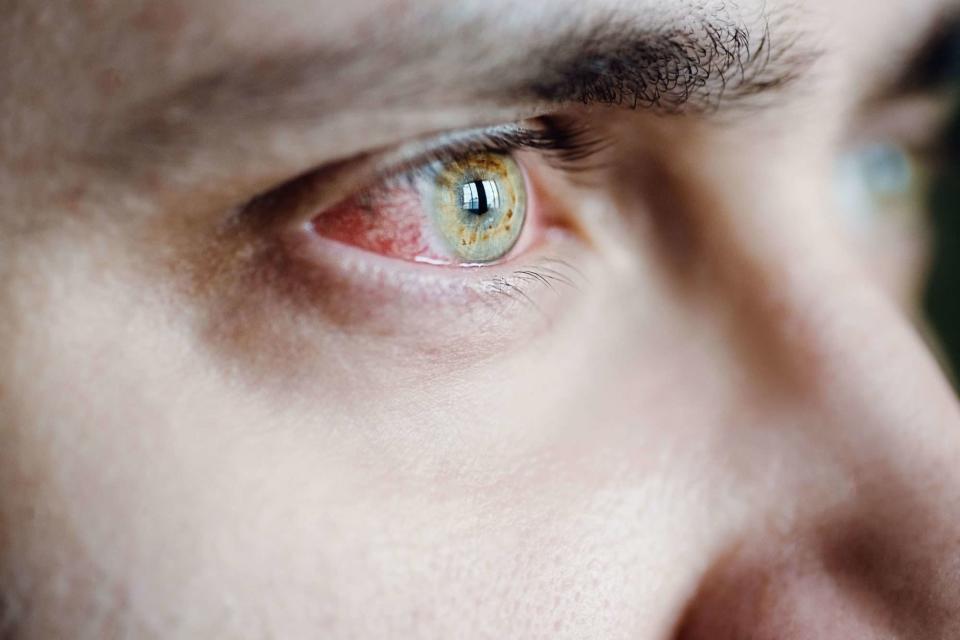New COVID-19 Strain Arcturus May Cause Pink Eye, L.A. County Health Officials Say
Los Angeles County Department of Public Health confirmed three cases of the Arcturus strain with "observational data" suggesting that those infected may be likely to experience pink eye

Los Angeles County Department of Public Health (LACDPH) officials have discovered that the new COVID-19 strain, Arcturus, may cause pink eye.
LACDPH confirmed three cases of the XBB.1.16 strain in Los Angeles, with "observational data" suggesting that people infected with Arcturus may be more likely to experience conjunctivitis, also known as pink eye.
While it is too early to determine if conjunctivitis can be considered a symptom of Arcturus, local public health officials have advised residents to "take the same sensible COVID precautions to help avoid infection from the new and likely more communicable XBB.1.16 strain."
Never miss a story — sign up for PEOPLE's free daily newsletter to stay up-to-date on the best of what PEOPLE has to offer, from juicy celebrity news to compelling human interest stories.
"Residents should be aware that itchy, watery or red eyes may be a sign of a COVID-19 infection and these symptoms should not be simply dismissed as a result of pollen or seasonal allergies, especially if someone more vulnerable to severe illness could be exposed," the release read.
According to the release, "current vaccines and therapeutics are highly likely to remain protective and able to ward off severe illness," with health experts advising those to test for COVID-19 at home.
The release also states that the U.S. Centers for Disease Control and Prevention (CDC) projects Arcturus now makes up about 8 percent of the COVID-19 cases in California and 10 percent in the country.
Seeing as Arcturus is a mutated strain of the Omicron variant, the release concludes, "The fact that we are seeing new strains, with possibly new and different symptoms, tells us that COVID continues to evolve and the way we think about our protections should reflect what we know."
For more People news, make sure to sign up for our newsletter!
Read the original article on People.


